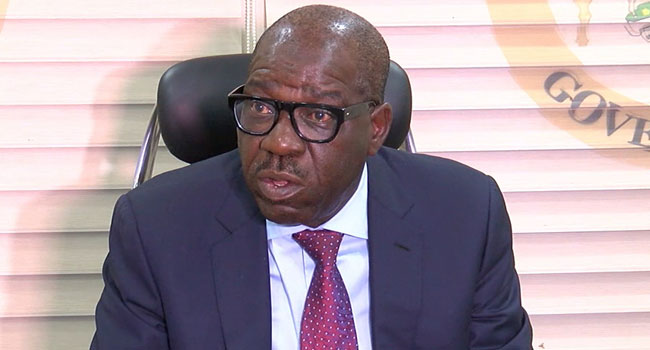
Obaseki said the government on assumption of office in 2016 met an Edo that was categorised by the horror of human trafficking and irregular migration, noting that the narrative has changed.
He said, “We met a state categorised by the horror of human trafficking and irregular migration.
“At some point, in 2016 and 2017, we had more than 30,000 young Edo boys and girls who had got themselves to Libya to cross over to Europe.
“That was a human horror – a big tragedy for most of them, who will go anywhere else but home.
“It tells you how depressing and hopeless the situation was. I thank God that we are working with the International Organisation for Migration. We had to set up the Edo State Task Force Against Human Trafficking to fight the scourge.
“We had to admit that we had a problem with human trafficking. We started working with international agencies to help us deal with the situation.”
On how the government was able to tackle the scourge, the governor said, “We started gathering data and obtained information on why a lot of these young people were leaving, trying to understand the underlying issues driving human trafficking and irregular migration.
“One thing came out clearly: First, the current circumstances these people had to confront were such that they were not prepared for it; they had not been properly educated, because our education system at the time had crumbled and the attempt to fix education by our predecessors mostly focused on education infrastructure.
“That made us focus extensively on the root causes and foundations of educational decay, which included upskilling the teachers and equipping them with technology.
“For those who had fallen out of the education system and had not been properly educated, the approach was to capture them and reskill them for work.”





